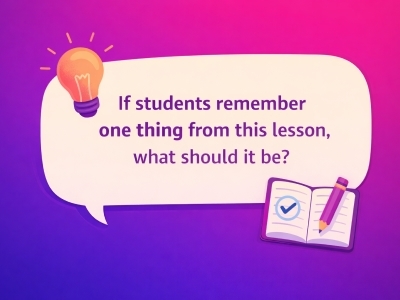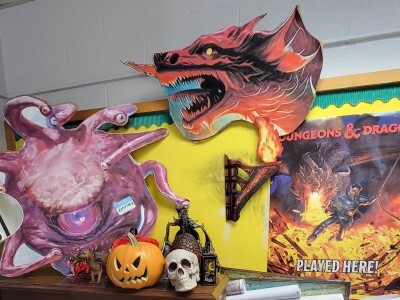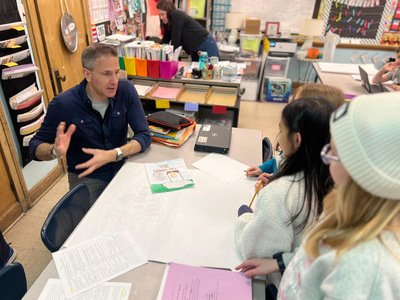Every Project Is a Who Am I Project
Topics
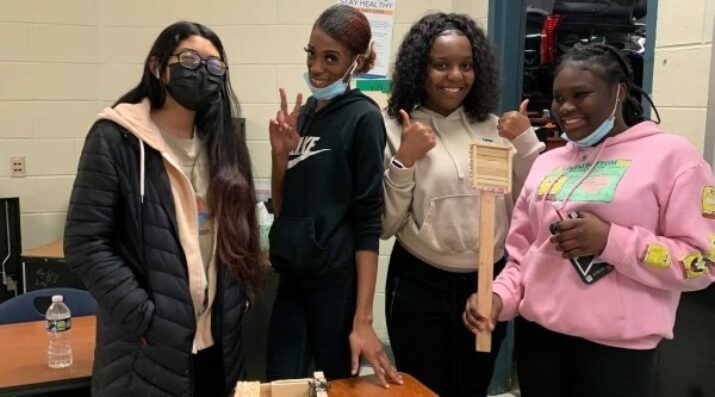
We’ve all had the experience of truly purposeful, authentic learning and know how valuable it is. Educators are taking the best of what we know about learning, student support, effective instruction, and interpersonal skill-building to completely reimagine schools so that students experience that kind of purposeful learning all day, every day.
Students become designers of their own learning (and their own futures) by envisioning learning or work experiences that radiate out from, or are adjacent to, what they have done in the past.
There are a million versions of the Who Am I? project. I have been in a dozen different schools that run it, each with its own spin but with a set of common goals: for students to delve into what they value, what makes them unique, how their journey shaped them, and where they are going. In high school, it’s a great way to kick off ninth grade because it starts students on a subject they know well and gives them a chance to get to know each other and build community.
Here’s the thing I think a lot of folks miss: every project is a Who Am I? project.
In The Wise Heart, Jack Kornfield relates an anecdote about two different people watching a soccer game. One is the parent of the goalie, while the other is the guy driving the team’s bus. The game they are watching is the same, yet they are having completely different experiences. One is hanging on every touch while the other is waiting for it to be over so he can clock out and get on with his weekend. The nature of their experience isn’t based on the event (the game) but rather who they are.
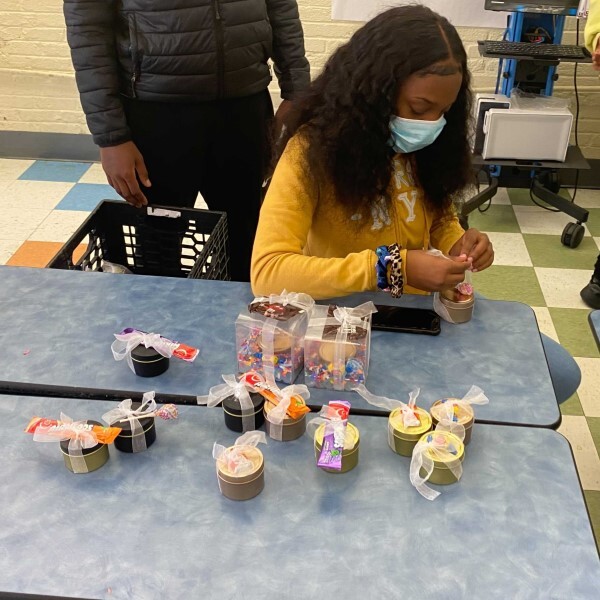
At the Workshop School, students’ final two years of high school are heavily shaped by their strengths, interests, and goals. Eleventh grade kicks off with the Step Up project, in which students shape a vision for what they want to focus on for the rest of their high school career, how their internship (which kicks off in January) advances them toward that goal, and what skills they need to get there. Meanwhile, our seniors are being introduced to the Independent Learning Project (ILP) process, in which they become designers of their own learning experience.
For the latter, we borrowed the excellent Gifts to Goals activity from Olatunde Sobomehin and Sam Seidel’s Creative Hustle, and then asked students to think about the skills they needed to build and use in order to pursue their goals. In the coming weeks, we will go deeper on what it really means to shape a vision and set goals, and what to do when life happens and things don’t go as planned. But the foundation for all of this work is what students have learned about themselves through past experience. They don’t build that understanding by taking interest surveys or speculating, they build it by doing stuff.
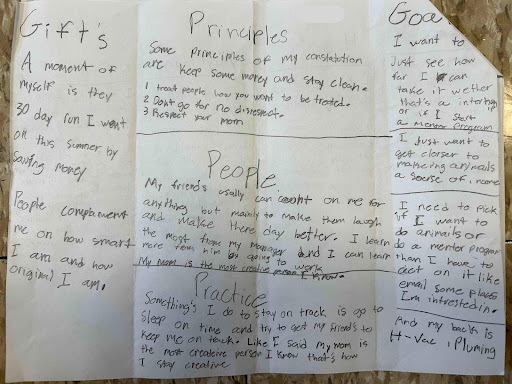
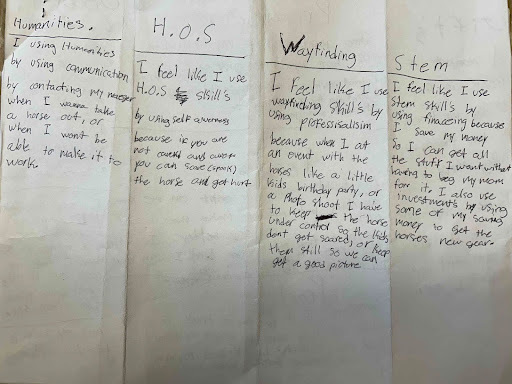
By the time they reach senior year, these students have designed and built lamps, led campaigns for social change, explored causes and solutions of climate change-related challenges, planned escape rooms, fixed cars, created museums of local history, and completed internships. Their scholarly work has also included reading novels, writing short stories, running experiments, and yes, learning the fundamentals of reading, writing, and quantitative reasoning.
Each of these experiences builds their skills in important ways, but they are also data. When we ask them what they want to do in the future, what they are good at, or what interests them, we’re asking them to analyze that data. And like any data analysis, it’s a learned skill. It’s not enough to just ask students to reflect. If they enjoyed a project, what specifically did they like about it? Was it the topic, the task, the process, the people they were working with, the type of work, or something else? And what does it mean to like something? Feeling good at it? Being engrossed in the work? Laughing a lot? Finding it meaningful? If they feel like they are good at something, how do they know? How would they know if none of their work was graded? What does it really mean to do well at something?
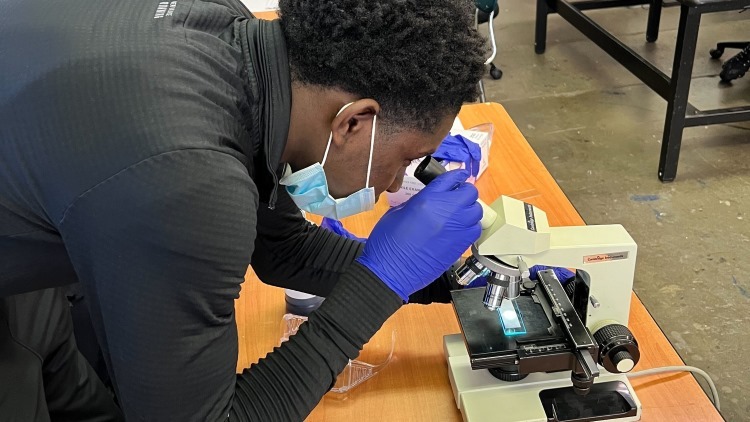
These questions matter because asking students to become designers of their own learning (and their own futures) requires them to envision learning or work experiences that radiate out from, or are adjacent to, what they have done in the past. A student who loved building a lamp is not going to spend the rest of their high school career building lamps. Whether that experience nudges them in the direction of electrical work, design, engineering, woodworking, or something else depends on what they learned from their experience—how they watched the proverbial soccer game.
Letting the big, Who Am I? questions shape all of our work builds skills that we use for the rest of our lives. We use what we know about ourselves and our past to make decisions about what comes next, and the experiences that arise from those decisions in turn shape who we become.
All photos courtesy of Workshop School.


